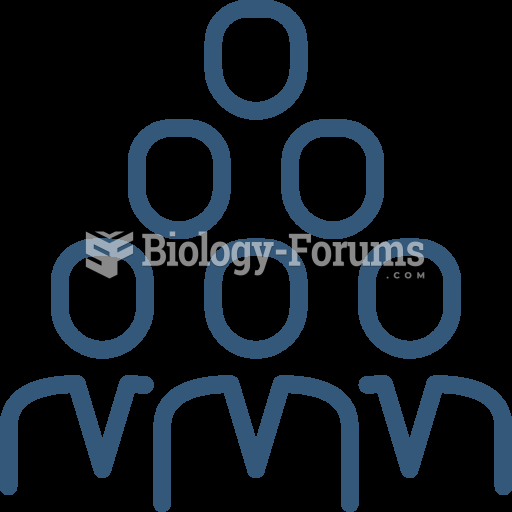|
|
|
A cataract is a clouding of the eyes' natural lens. As we age, some clouding of the lens may occur. The first sign of a cataract is usually blurry vision. Although glasses and other visual aids may at first help a person with cataracts, surgery may become inevitable. Cataract surgery is very successful in restoring vision, and it is the most frequently performed surgery in the United States.
The B-complex vitamins and vitamin C are not stored in the body and must be replaced each day.
The ratio of hydrogen atoms to oxygen in water (H2O) is 2:1.
Allergies play a major part in the health of children. The most prevalent childhood allergies are milk, egg, soy, wheat, peanuts, tree nuts, and seafood.
In the United States, there is a birth every 8 seconds, according to the U.S. Census Bureau's Population Clock.






